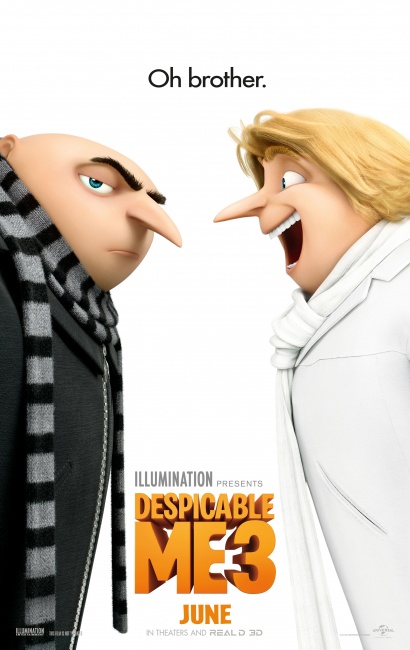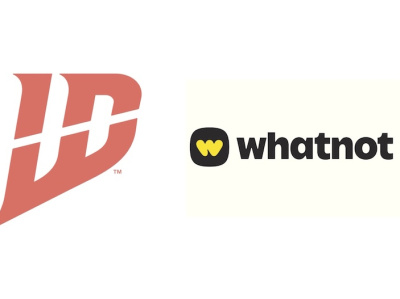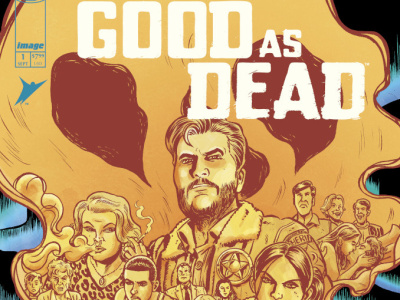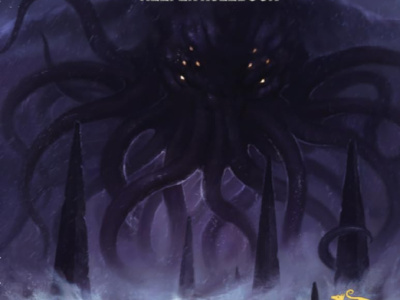Illumination Entertainment’s Despicable Me 3 easily won the pre-4th of July weekend box office, but like the animated “threequel” Cars 3 a few weeks earlier, DM3 under-performed expectations in its debut. This week’s surprise was Edgar Wright’s Baby Driver, which topped Transformers 5 and landed in second place, and this week’s “bomb” was the R-rated Warner Bros. comedy The House, which would appear to be Will Ferrell’s worst debut ever. Compared with the 3-day pre-4th weekend last year revenue was down 25%, and the 2017 summer season is now running about 8% behind last year (in spite of the fact that there are more big budget “event” pictures due in 2017 than there were in 2016).
One of the big reasons for Tinseltown’s summer doldrums appears to be the studios’ addiction to sequels, even though there are more and more signs of “franchise fatigue,” at least here in North America. Latest case in point could be Despicable Me 3, which won the weekend easily with a $75.4 million opening, a full $10 million under studio estimates, and well below the $83.5 million debut of Despicable Me 2 in 2013, and the $115 million bow for Minions in 2015. With a production cost of $80 million balanced against current worldwide earnings of $196 million, the Despicable Me franchise is certainly not in trouble, but so far at least, it appears that North American audiences are losing some of their appetite for Gru and company.
Families made up 69% of the opening weekend audience for Despicable Me 3, which was evenly split between the genders. Kids under 13 made up half of the crowd, which was 45% Caucasian, 26% Hispanic, 15% African-American, and 9% Asian. Moviegoers gave DM3 a solid “A-“ CinemaScore, though that is a bit of downgrade from the 3 previous films in the franchise, all of which received “A’s.”
Edgar Wright’s heist film Baby Driver, which opened on Wednesday, has earned $30 million, including $21 million over the 3-day weekend, enough to put the smart, music-driven genre film in second place ahead of Transformers: The Last Knight. Driven by word-of-mouth and ecstatic reviews (97% positive on Rotten Tomatoes), Baby Driver certainly appears to be that increasingly rare bird in Hollywood, an original movie written for the screen and not based on some already existing intellectual property.
By tomorrow Baby Driver will have surpassed Wright’s comic book-based Scott Pilgrim vs. the World to become the director’s biggest hit here in North America. Wright has certainly earned the praise of a devoted online following, and with Baby Driver he appears to have fulfilled the promise shown in his earlier works, and more importantly for his career perhaps, created a film that is more than just a “hipster hit.” Watching Baby Driver one can’t help but wish that Wright had been allowed to make his version of Ant-Man—though perhaps if he had helmed that Marvel movie, he might not have ended up making Baby Driver—we’ll never know.
Opening weekend crowds for Baby Driver skewed male (55%) with a fairly good demographic break for an R-rated film with 39% of the crowd under 25. Moviegoers gave Baby Driver a solid “A-“ Cinemascore, which bodes well for the next few weeks, though Spider-Man: Homecoming will provide a major challenge starting next weekend.
Last week’s winner, Michael Bay’s Transformers: The Last Knight slipped 62% in its second frame as it earned an estimated $17 million to bring its 10-day North American total to $102.1 million. With its mammoth $217 million production cost and the fact that the studio gets smaller percentages from overseas ticket sales (as low as 25% in China), this fifth Transformers film still has a long way to go to make money for the studio. Fortunately for Paramount, The Last Knight continues to do well overseas where it has now earned $327.8 million. With a few more markets including Japan and Mexico, still to come, The Last Knight is no box office “bomb,” but, especially in North America, it appears that the franchise will need to be retooled.
Once again Patty Jenkins’ Wonder Woman suffered one of the smallest drops in the top 10, slipping just 35.4% as it earned $16.1 million to bring its domestic total to $346.6 million. Is Wonder Woman slowing down a bit? Well yes, this was only the 15th best fifth weekend performance ever, but the female superhero origin epic is inching ever closer to Guardians of the Galaxy, Vol. 2’s $383.3 million for summer of 2017 superhero movie superiority. Right now the race appears too close to call.
This week Wonder Woman soared past the $700 million mark worldwide. With a current total of $707.9 million, Patty Jenkins’ film has an outside chance of reaching $800 million.
Pixar’s Cars 3 felt the heat from direct competition with Despicable Me 3 as it dropped a very un-Pixar-like 60.4% as it earned $9.5 million to bring its 17-day domestic total to $120.7 million. With a slow international rollout, it is too early to see if the “franchise fatigue” exhibited here in North America will extend to the rest of the world, and, given the licensing potential of this franchise (and of the Transformers as well), it doesn’t really matter, does it?
Debuting in sixth place is the Will Ferrell/Amy Poehler R-rated comedy The House, which earned just $9 million over the 3-day weekend, the worst showing ever for a Ferrell-led comedy. Warner Bros. didn’t allow the critics to review The House in advance, which is always a bad sign (and the movie’s current lowly 16% positive rating on Rotten Tomatoes shows why the studio held it back). Opening weekend audience, which skewed slightly female (51%) and a lot older (76% over 25), gave The House a poor “B-“ CinemaScore, which should pretty much seal its fate.
The seventh spot went to the overachieving aquatic survival film 47 Meters Down, which was made for almost nothing and has earned $32.6 million, paving the way for more films of its ilk.
Sophia Coppola’s well-received (77% positive on RT) period film The Beguiled made it to #8 despite being in just 674 theaters, where it earned $3.2 million. The Beguiled, which is a remake of sorts of a Clint Eastwood/Don Siegel film from the 1970s, has a chance to be a modest art house hit.
The first film in Universal’s Dark Universe, The Mummy, slipped to #9 in its fourth weekend as it earned $2.8 million to bring its domestic total to $74.5 million. While The Mummy may make enough overseas to defray its $125 million production cost, the film’s poor performance in North America has gotten Universal’s shared cinematic universe off to a very bad start.
Disney’s Pirates of the Caribbean: Dead Men Tell No Tales ended up at #10, earning $2.4 million to bring its franchise-low domestic total to $165.5. Wonder Woman has earned more than twice as much as Dead Men Tell No Tales here in North America, but the Johnny Depp-starring pirate film has done more business worldwide. While Dead Men Tell No Tales’ bloated production cost ($230 million) and lower overseas percentages mean the film will not be a financial bonanza for Disney, it isn’t a “bomb” either.
The performances of the latest Pirates of the Caribbean and Transformers films demonstrate the difficult choices that face studio executives who have to decide whether or not greenlight expensive sequels as a franchise starts to show box office slippage in the North American market.
Be sure to check back here next weekend to see what happens when the extremely well-reviewed Spider-Man: Homecoming (92% positive) debuts, marking Spidey’s first foray into the bona fide Marvel Cinematic Universe.
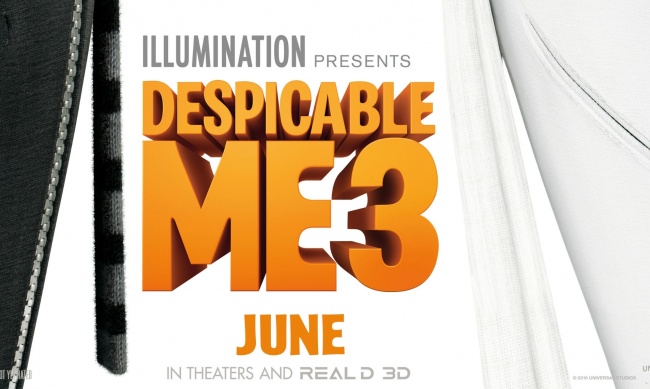
'Wonder Woman' Passes $700 Million Worldwide
Posted by Tom Flinn on July 2, 2017 @ 3:29 pm CT
MORE COMICS
With Plans for Weekly Live Show
August 18, 2025
The publisher plans a weekly live show.
From Image Comics
August 18, 2025
Here's a preview of Good as Dead #1, by David & Maria Lapham.
MORE COLUMNS
Column by Scott Thorne
August 18, 2025
This week, columnist Scott Thorne discusses some of the most frightfully fun games of the year for Horror Week.
Column by Scott Thorne
August 11, 2025
This week, columnist Scott Thorne notes a new twist in the Diamond Comic Distributors saga and shares his thoughts on the Gen Con releases that will make the biggest impacts.



